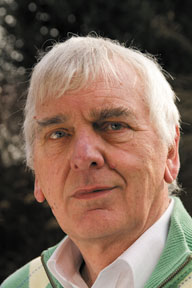Sir Ernest Lemon
The production engineer who modernised the LMS railway and equipped the RAF for war.
A BIOGRAPHY by TERRY JENKINS
“Ernest Lemon was one of the most capable engineer/managers of his generation, as evidenced by his role in the LMS as Vice-President; and, later, in the Air Ministry as Director-General of Production supporting Sir Wilfrid Freeman. This biography of Lemon is an important contribution to business and political history and tells the story of Lemon’s career in both railways and aviation. It sheds light on an important player in British engineering, using important new archival material, to reveal a complex personality and the very human face of business and policy.”
Dr Roy Edwards, Southampton University School of Management
BACKGROUND TO THE BOOK
In the summer of 1938, the Government of this country finally reacted to the charges of incompetence in the management of the re-armament programme for the RAF. The programme had been dogged by controversy, monetary restrictions and delays, but the aggressive behaviour of Germany suddenly lent an even greater urgency to the situation. Production of the much vaunted new generation of fighter aircraft had stagnated and was months behind schedule. The defence of this country still rested largely on obsolete aircraft.
To solve the problem, the Government appointed Mr E.J.H. Lemon of the LMS Railway as Director-General of Production at the Air Ministry, charged with the task of completing the existing programme on schedule. When this country had to face the full might of German air attacks in the summer of 1940, the RAF was ready. The Battle of Britain was a close-fought affair, but the RAF did have sufficient aircraft – just!
The story of the Battle of Britain has been told in innumerable books. What is not so well-known is how these aircraft were produced in the quantities required – and the dynamism and urgency brought to the project by one man.
Ernest John Hutchings Lemon was the son of a labourer in an obscure Dorset village who rose to become a Vice-President of the LMS Railway. Throughout the 1920s and 1930s he revolutionised the way the railway worked, seeking to eliminate old and inefficient practices. He was one of the first proponents in this country of Scientific Management, a business philosophy first developed in the USA, and he introduced the principles to all phases of railway working and management.
This is the story of his life.

